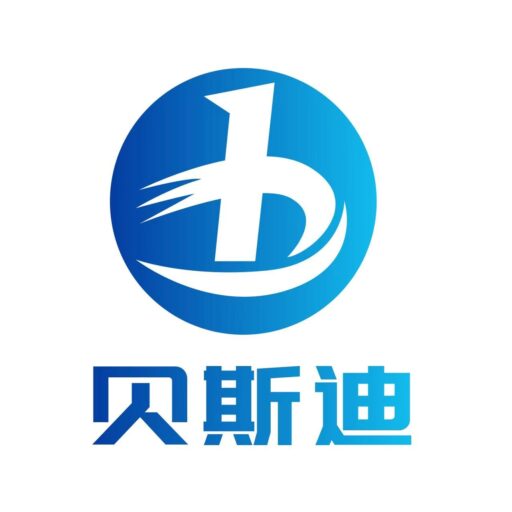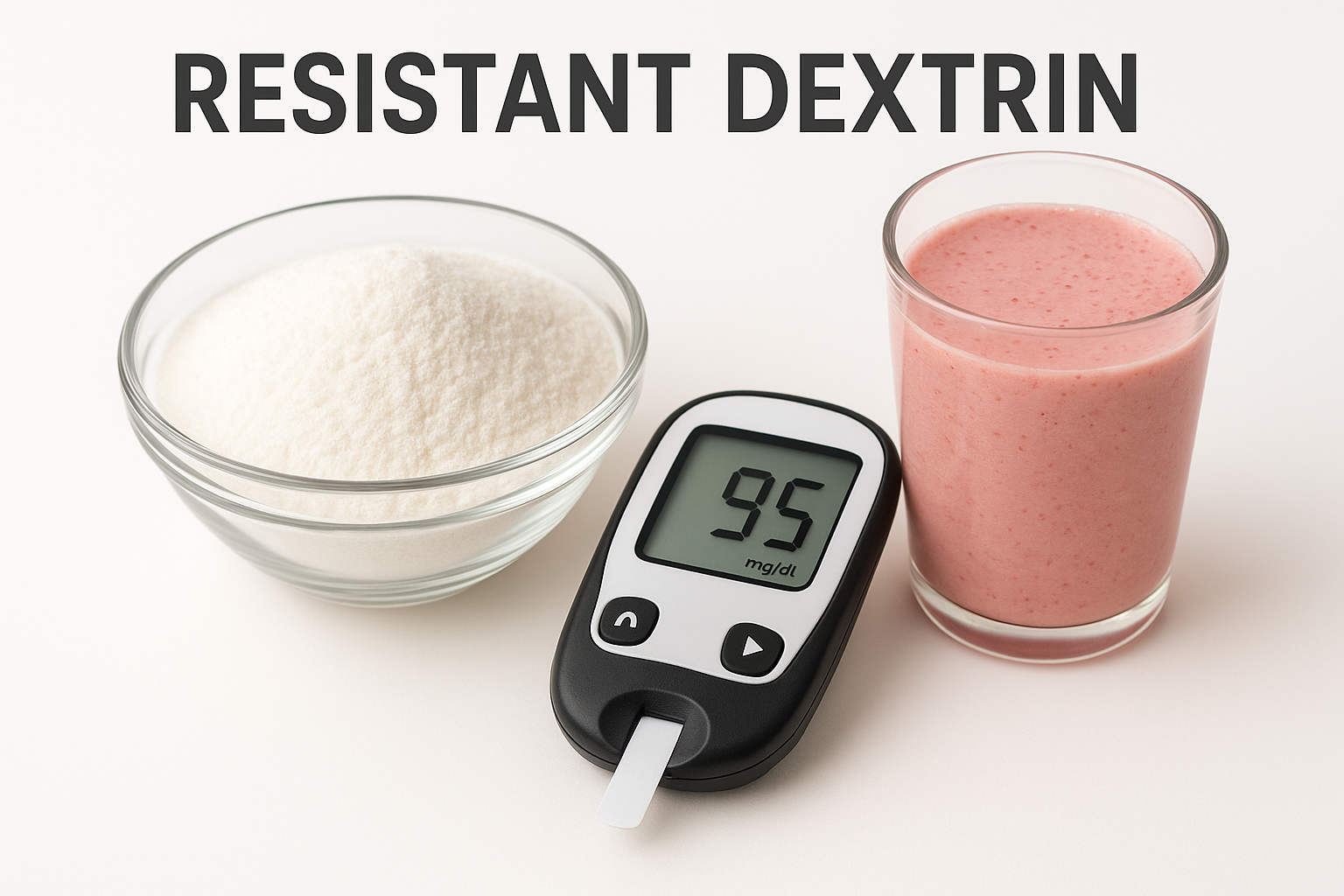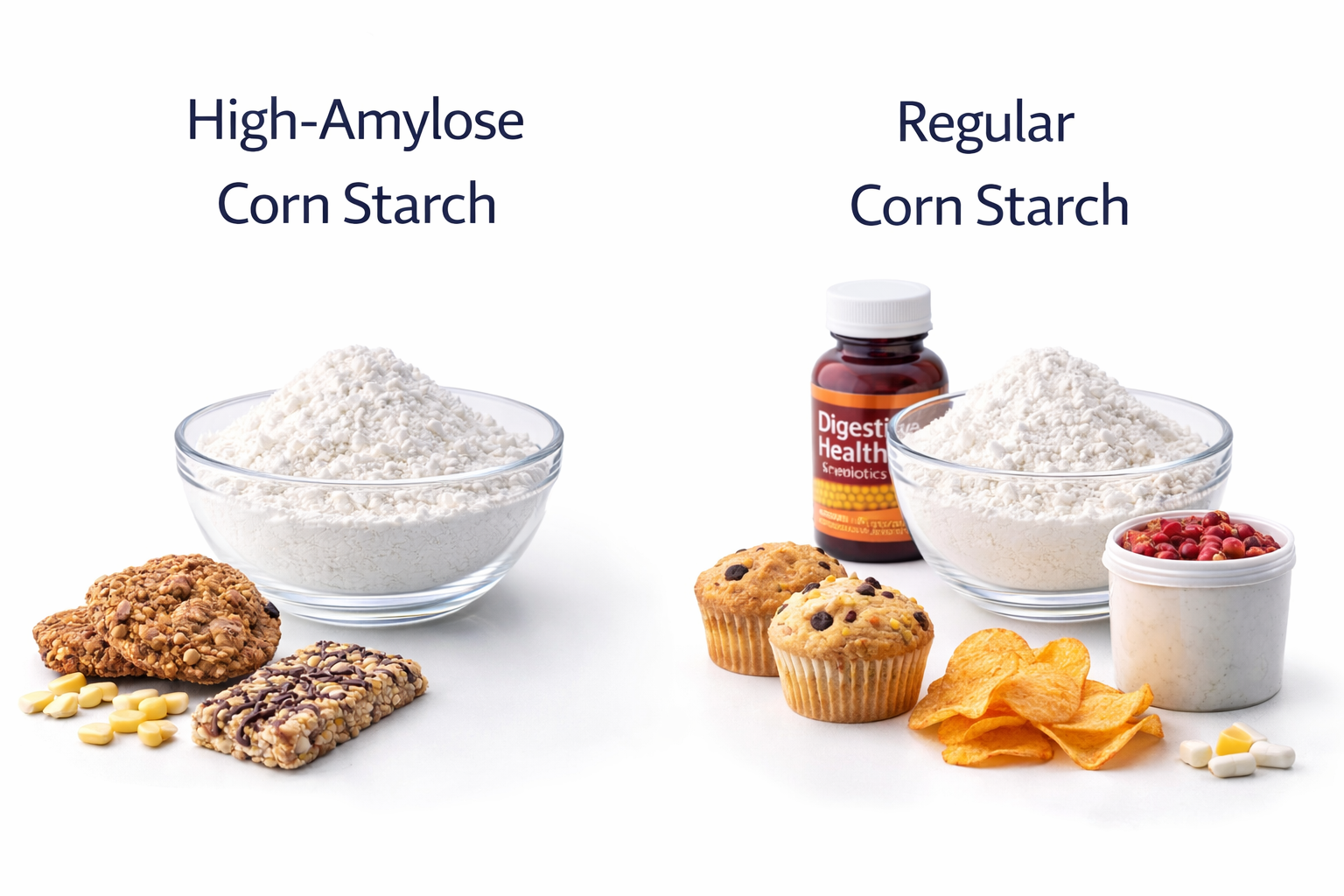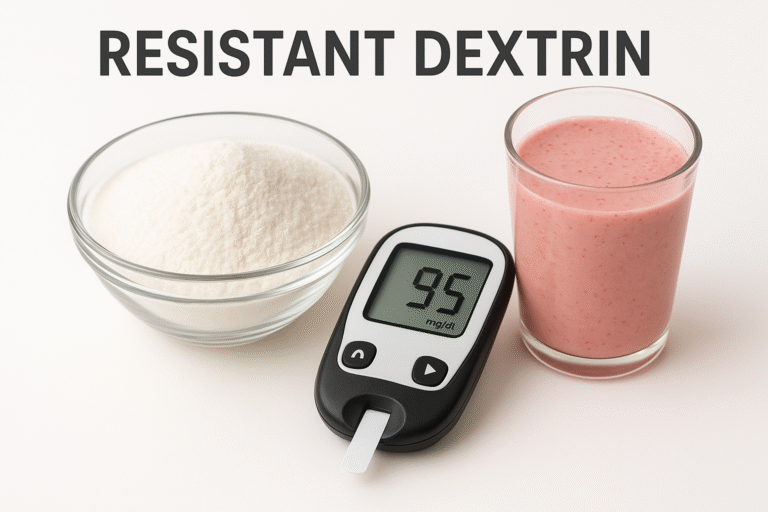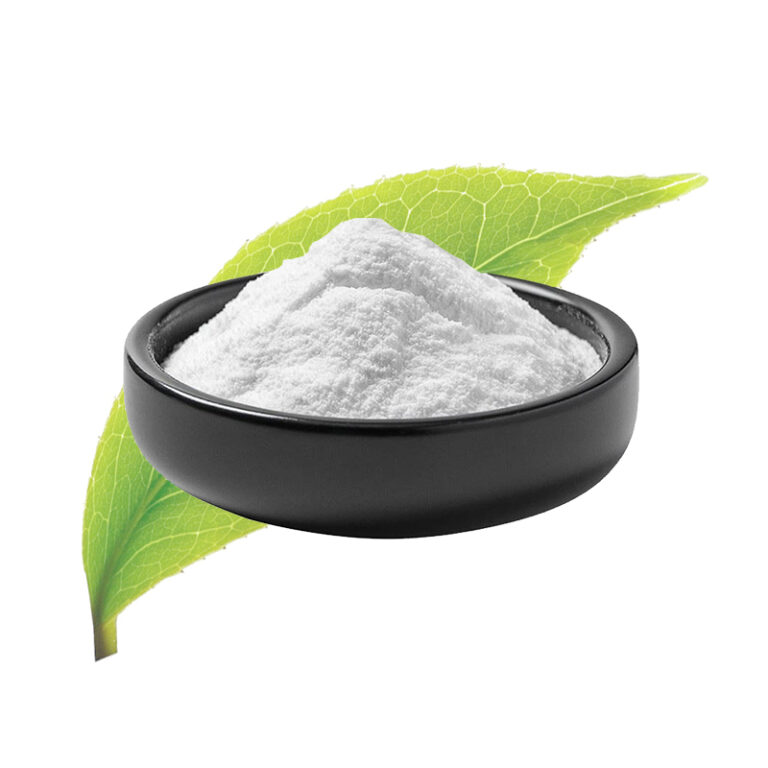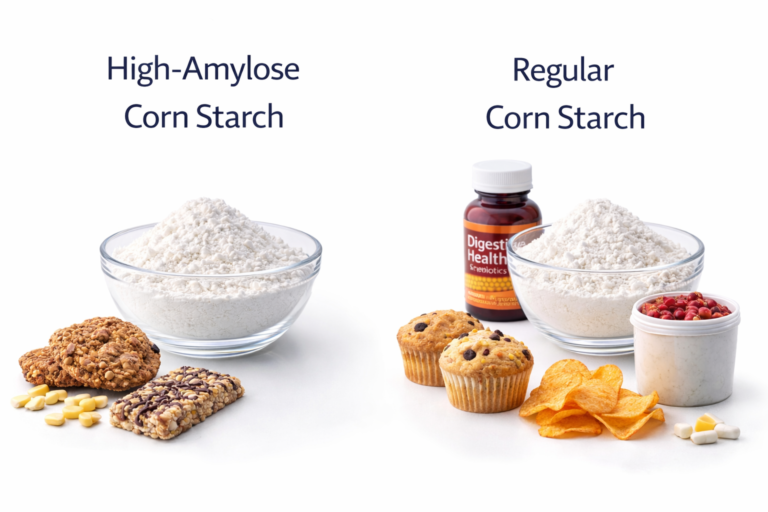Vitamins often look simple from the outside, yet their stability, uniformity, and performance rely on the ingredients used behind the scenes. When U purchase vitamins from suppliers, U want every batch to be stable, clean, and easy to distribute. However, challenges show up when tablets break easily, stick during production, or fail to meet quality control tests. These issues often create delays, increase waste, and affect your product reputation.
A stable and reliable tablet needs the right excipient. Microcrystalline cellulose, also called MCC, is one of the most important excipients used in modern vitamin manufacturing. It acts as the structure, the support, and the backbone of tablets. When U understand how MCC works, U can choose better formulas, reduce production risk, and improve your final product quality.
This guide helps U understand how microcrystalline cellulose in vitamins works, why it matters, and what U should look for when sourcing MCC-based formulations. With clear logic and simple explanations, U get a solid understanding that helps U make faster and more informed decisions.
Microcrystalline cellulose in vitamins works as a binder, filler, and flow aid that helps keep tablets stable, uniform, and easy to swallow. It supports tablet hardness, improves flow during production, and helps prevent breakage. MCC is widely used because it is natural, safe, non-allergenic, and works well with most vitamin ingredients. Brands choose it to create consistent tablets that pass quality tests and maintain shelf stability.
U want vitamins that are stable, clean, and easy to produce. To help U understand how MCC supports that goal, the sections below break down how it works and why manufacturers use it so often.
1. Why Is Microcrystalline Cellulose Used in Vitamins?
U see microcrystalline cellulose in vitamins because it solves many core production problems. Vitamins often come in fine powders that do not compress well. Some are sticky. Others are too soft. Many need a neutral carrier that helps them form a stable tablet. MCC offers a balance of structure, texture, and safety that makes it one of the most common excipients across the global supplement industry. Manufacturers rely on it because it supports clean-label formulas and performs well in high-speed production lines.
MCC is used in vitamins because it improves compressibility, stability, and flowability without affecting the active ingredients.
What MCC Does Inside a Vitamin Formula
- Helps the powder move smoothly in machines
- Makes tablets firm but not too hard
- Supports uniform distribution of active ingredients
- Reduces tablet defects such as capping or sticking
Why Manufacturers Prefer It
MCC is chemically stable, neutral in taste, and works well with a wide range of vitamins. It also fits clean-label trends since it comes from plant cellulose.
- MCC helps create strong, uniform vitamin tablets with fewer defects.
- MCC supports both small-batch and large-scale vitamin production.
2. How Does MCC Improve Vitamin Tablet Quality?
U want tablets that stay intact during transport, do not break easily, and pass stability tests. MCC plays a central role in achieving this. It gives tablets their internal structure. Without it, many vitamin blends would be too weak, leading to breakage or poor disintegration. MCC makes the formula stable while still allowing the tablet to dissolve smoothly in the stomach.
MCC improves vitamin tablet quality by enhancing hardness, flowability, uniformity, and disintegration.
1. Hardness Improvement
MCC compresses evenly, allowing tablets to hold together well.
2. Flowability Support
It helps powders move smoothly through machines, reducing production errors.
3. Uniform Distribution
Its porous structure keeps active ingredients evenly spread.
| Function | Benefit for Vitamins |
|---|---|
| Binding | Stronger tablets |
| Filler | Consistent size and weight |
| Flow Aid | Smooth production process |
| Disintegration Support | Controlled, predictable breakdown |
- MCC helps tablets maintain shape and integrity during storage and shipping.
- MCC supports consistent tablet performance with each batch.
3. Is MCC Safe for Daily Vitamin Use?
U want to ensure your customers receive clean and safe products. MCC is recognized globally as a safe ingredient. It comes from purified plant cellulose and has been used in supplements and food for decades. It does not react with vitamins and does not cause digestion issues for most consumers.
MCC is safe for vitamins because it is non-toxic, non-allergenic, and approved by global regulatory bodies.
Safety Overview
- Approved by FDA, EFSA, and international pharmacopeias
- No known toxicity
- Does not affect nutrient absorption
Why It Is Well-Tolerated
MCC is an insoluble fiber. It passes through the digestive system without breaking down.
- MCC is widely recognized as safe for daily vitamin supplementation.
- MCC works well for consumers with sensitive digestion.
4. How Does MCC Compare to Other Vitamin Excipients?
U may see alternatives like lactose, starch, dicalcium phosphate, or magnesium stearate. Each has its role, but MCC is often chosen for its balanced performance. While other excipients solve one issue, MCC solves several at once.
MCC offers stronger compressibility and more stability than most alternative excipients.
| Excipients | MCC | Lactose | Starch | DCP |
|---|---|---|---|---|
| Plant-based | Yes | No | Yes | No |
| Flowability | High | Medium | Low | Medium |
| Binding | Strong | Weak | Medium | Very Hard |
| Clean-label | Yes | No | Yes | No |
- MCC performs better than most alternatives in tablet strength and flow.
- MCC supports clean-label vitamin formulas.
5. What Should U Check When Sourcing MCC for Manufacturing?
U want stable supply, consistent quality, and smooth production. When choosing MCC, U should evaluate its grade, particle size, source, and compliance documents. A strong supplier helps U avoid production problems and supports your registration process.
U should check grade, certificate quality, flowability data, and supplier stability.
Key Factors to Review
- Particle size distribution
- Density
- Moisture content
- Country of origin
- GMP, ISO, and COA documents
Supplier Considerations
A stable supplier provides regulatory support, consistent batches, and reliable lead times.
- Reliable MCC sourcing reduces production risks.
- Proper documentation helps U pass market regulations easily.
6. How Does MCC Affect Your Brand’s Vitamin Production Cost?
U want stable cost control. MCC helps reduce production waste because it improves flowability and reduces tablet defects. This saves time and material. Although MCC may cost more than some fillers, its performance often lowers total operational cost.
MCC reduces overall production cost by improving efficiency and lowering defect rates.
Cost Advantages
- Fewer machine stoppages
- Less powder loss
- Higher compression efficiency
Real Impact for Vitamin Brands
When fewer tablets break and flow improves, each batch yields more finished product.
- MCC delivers long-term cost savings through smoother production.
- MCC supports higher batch success rates.
Conclusion
Microcrystalline cellulose in vitamins plays a major role in stability, structure, and manufacturing efficiency. It helps U produce strong, uniform, and clean-label vitamin tablets that pass quality tests and satisfy market expectations. U can use MCC to improve your product performance, reduce production risks, and create a more stable supply chain for your brand.
Contents of Conclusion
- MCC improves tablet stability
- MCC supports better flow and compressibility
- MCC is safe and clean-label
- MCC offers cost advantages
- MCC is one of the most reliable excipients for vitamin production
U work with a manufacturer that specializes in high-quality pharmaceutical-grade microcrystalline cellulose and offers strong technical and regulatory support. U get stable supply, professional documentation, and OEM/ODM production services designed for vitamin brands that need clean, consistent, and efficient formulations. With six modern production lines and strict quality systems, your partner ensures U receive excipients that support smooth tablet production and high market acceptance.
